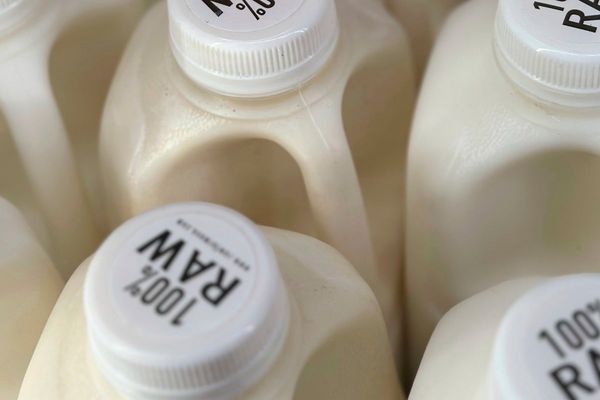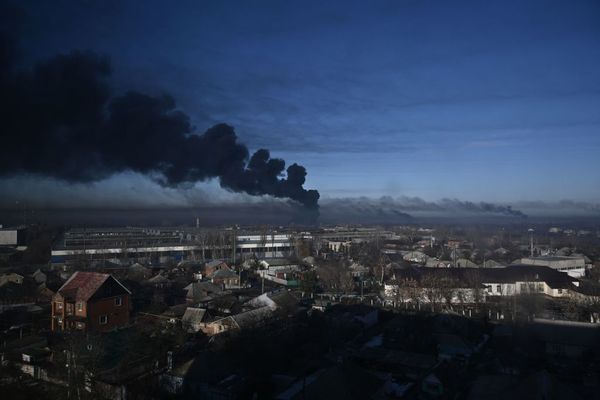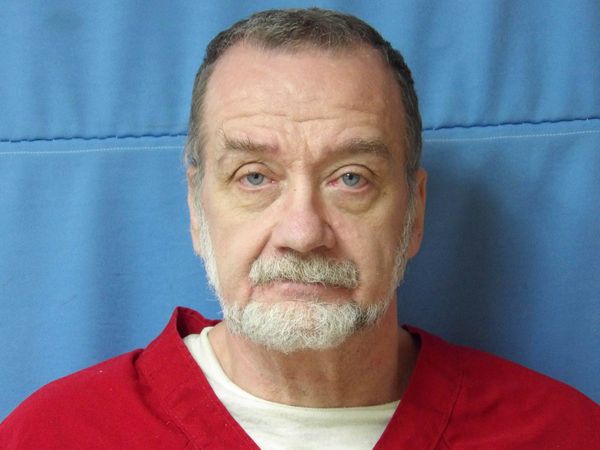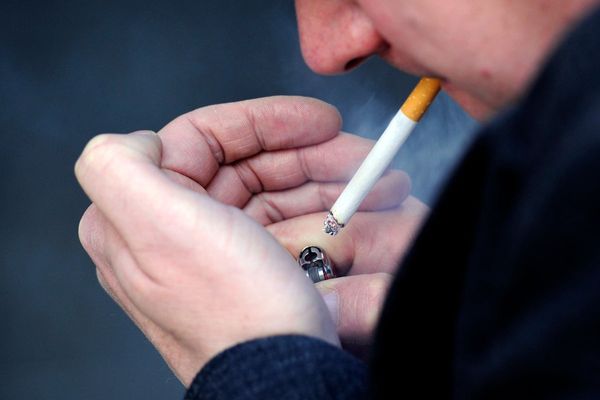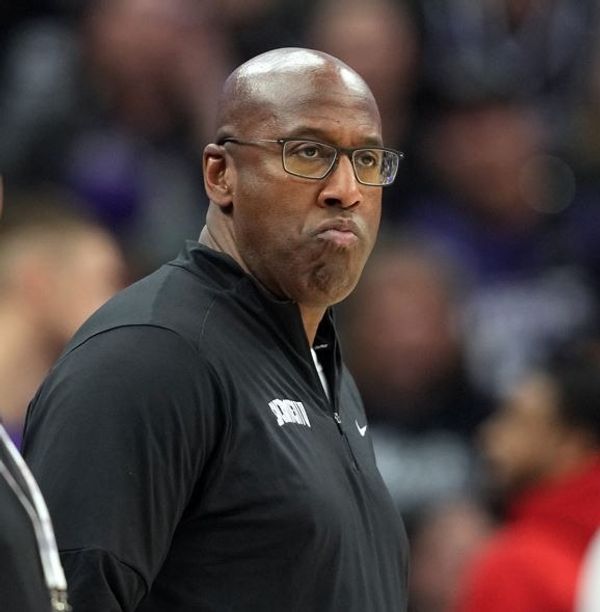WASHINGTON _ President Donald Trump and his Colombian counterpart _ the two Western Hemisphere leaders with the most at stake in ousting Nicolas Maduro _ huddled Wednesday at the White House to search for a way to get millions of dollars' worth of humanitarian aid into Venezuela.
According to a senior administration official and people familiar with the discussions, Trump and Ivan Duque talked about how to enlist regional leaders to break the military blockade stopping the aid and turn Maduro's loyal generals against him.
They also discussed how the United States can continue supporting Colombia, which is Washington's most important ally in the fight and faces the brunt of the humanitarian crisis that is spilling out of Venezuela.
"Duque is the key player in all of this obviously because of the border," a senior administration official said, who was not authorized to speak publicly about administration policy. "You're looking at a country who had to endure more than a million Venezuelans inside their borders. For them it's a national security issue, just like it is for us."
The two men are working closely together with their teams on how to support the 35-year-old Venezuelan opposition leader and self-proclaimed acting president, Juan Guaido, who has promised that tens of millions of dollars' worth of food and medicine will be delivered to the people starting Feb. 23 without any real explanation of how.
Trump and Duque touched on some of those challenges during public comments where the two, sitting by a fireplace, lamented the state of affairs in Venezuela.
"Really, we're trying to get food to people," Trump said. "You have people starving in Venezuela. It just shows what can happen with the wrong government."
They met previously in September at the United Nations General Assembly and appear to be comfortable together. Duque was certainly comfortable enough to twice interject himself into questions to Trump about U.S. priorities on Venezuela and to give the Colombian government's perspective and support for the opposition.
It was only when drugs came up that the discussion seemed to get tense; Trump turned to look directly at Duque after saying that Colombia needed to do more to eradicate drug production.
"I wouldn't say that at this moment you're ahead of schedule, but hopefully you will be at some time in the near future," Trump said, triggering Duque to interrupt a third time and defend his government's efforts to meet goals to eradicate drugs.
But it was the crisis in Venezuela that was the central issue that brought the two leaders together.
The Maduro government has blocked a bridge connecting the once oil-rich nation to Colombia as humanitarian aid, requested by Guaido, has collected along the border.
The Trump administration is wrestling now with how to get the aid to the United States without using force, possibly by sea or air. They're also studying the feasibility of having Venezuelans fill up backpacks and bags to carry some of the aid into the country to be distributed.
The administration has offered amnesty from U.S. sanctions to top ranking military officials and urged rank-and-file members to disobey Maduro and allow the aid to enter the country.
While Trump and Duque met at the Oval Office, the administration's new special envoy for Venezuela, Elliott Abrams, told members of Congress that they've been unsuccessful in their efforts to turn leaders of the military against Maduro, but that they're seeing positive signs.
"We're hearing a lot of discontent in the military," Abrams said at a House Foreign Affairs hearing Wednesday. "For one thing, if you're a general looking down at the ranks, you know that your own people in the army are starving. And what about their brothers and sisters and mothers and fathers. So we think this opinion is spreading in the military that the current situation is untenable."
While Trump would not exempt the possible use of military force, his senior staff have said that U.S. troops will not be used to force the aid into the country. The Colombian government has also opposed the use of military force to deliver the aid.
Trump would not discuss whether the United States is sending troops to Colombia after his national security adviser appeared to disclose confidential notes to send 5,000 service members to South America amid escalating tensions with Venezuela.
Benjamin Gedan, who was responsible for Venezuela policy on the National Security Council during the Obama administration, said getting aid into Venezuelan is urgent.
"As long as the White House is not pursuing humanitarian assistance merely to provoke a military confrontation, it's a humane policy, and it has the added benefit of exposing Nicolas Maduro's cruelty."
This is Duque's first official visit to Washington as president. In July of last year, one month before taking office, he visited D.C. and met with Vice President Mike Pence. (Trump twice canceled visits to Bogota last year, but said Wednesday that he would visit Colombia and he looked forward to it.)
The Colombian president is a crucial part of the U.S. strategy. Duque's busy schedule during an at least four-day visit to Washington and New York reflects that.
In addition to meeting with Trump and leaders across the administration, Duque will meet with Senate Majority Leader Mitch McConnell, House Speaker Nancy Pelosi and the House Foreign Affairs Committee. On Thursday, he'll visit the U.S. Chamber of Commerce, the World Bank and the Inter-American Development Bank, where he worked before becoming president of Colombia. On Friday, he will address the international community at the Organization of American States and later ring the bell at the New York Stock Exchange.
"The days for this dictatorship are about to end," Duque said, "and we have to continue working on that."

